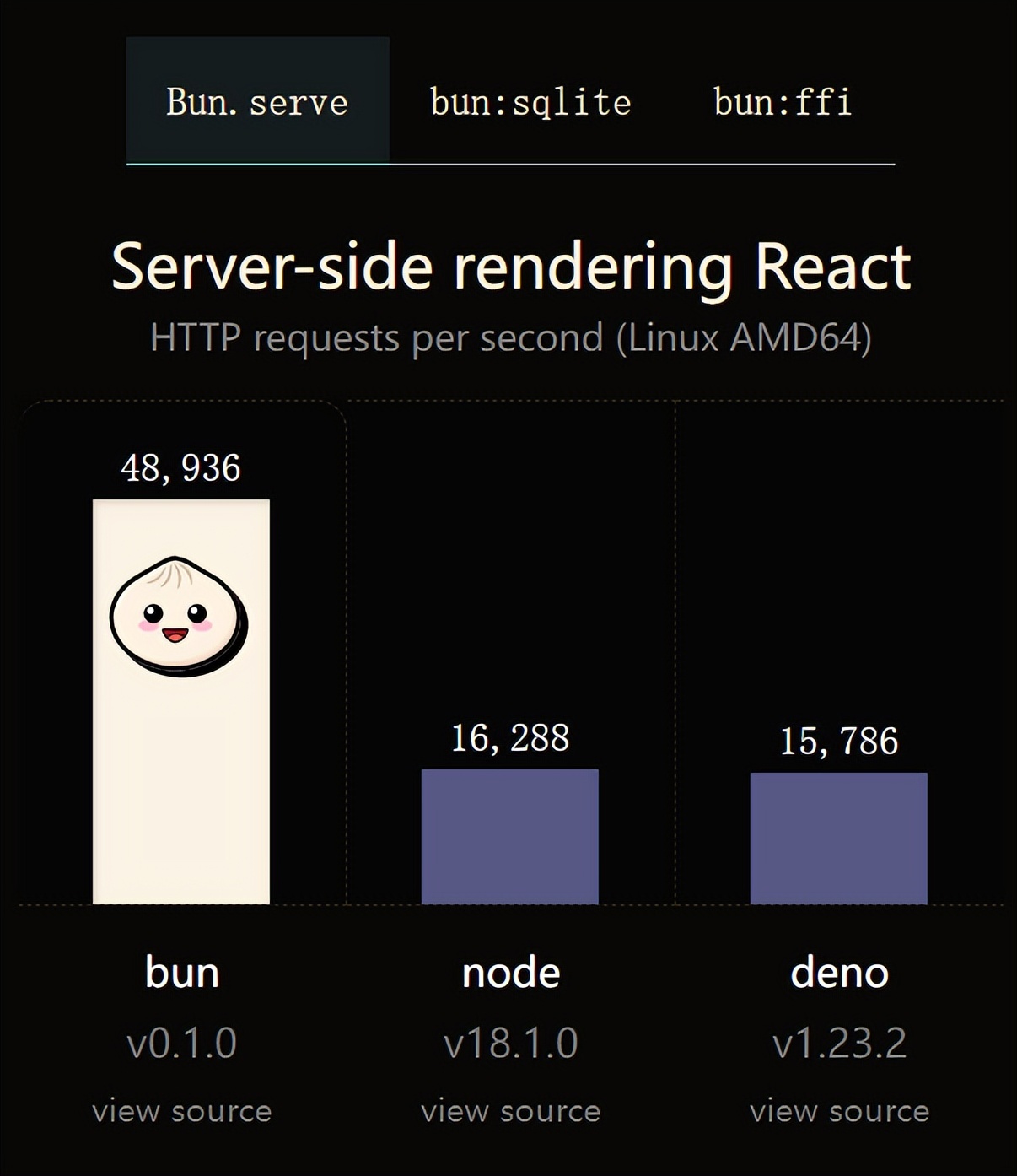 Web Front-end
Web Front-end JS Tutorial
JS Tutorial Easily create a nodejs server (7): Implementation of blocking operations_node.js
Easily create a nodejs server (7): Implementation of blocking operations_node.jsLet’s take a look at what blocking operations are;
I simulate a sleep() method to delay printing of hello star for 10 seconds.
requestHandlers.js
function start() {
console.log("Request handler 'start' was called.");
function sleep(milliSeconds) {
var startTime = new Date().getTime();
while (new Date().getTime() }
sleep(10000);
Return "Hello Start";
}
function upload() {
console.log("Request handler 'upload' was called.");
Return "Hello Upload";
}
exports.start = start;
exports.upload = upload;
When requesting /start, there is a delay of 10 seconds before printing.
When requesting/upload, it will not be affected.
Let’s do an experiment:
Enter http://localhost:8888/start in the address bar of the first browser window, but don’t open it yet!
Enter http://localhost:8888/upload in the address bar of the second browser window. Again, don’t open it yet!
We press Enter in the first window ("/start"), and then quickly switch to the second window ("/upload") and press Enter.
Attention, what happened:
The/start URL took 10 seconds to load, which is what we expected.
The/upload URL also took 10 seconds!
Yes, it does not have operations similar to sleep() in the corresponding request handler. What is the problem?
The reason is that start() contains blocking operations. To put it figuratively, "it blocks all other processing work."
Node.js is single-threaded and can process tasks in parallel without adding additional threads.
It implements parallel operations through event loop. We should make full use of this - avoid blocking operations as much as possible and use non-blocking operations instead.
In the next section we will introduce how to implement non-blocking operations.
 Vercel是什么?怎么部署Node服务?May 07, 2022 pm 09:34 PM
Vercel是什么?怎么部署Node服务?May 07, 2022 pm 09:34 PMVercel是什么?本篇文章带大家了解一下Vercel,并介绍一下在Vercel中部署 Node 服务的方法,希望对大家有所帮助!
 node.js gm是什么Jul 12, 2022 pm 06:28 PM
node.js gm是什么Jul 12, 2022 pm 06:28 PMgm是基于node.js的图片处理插件,它封装了图片处理工具GraphicsMagick(GM)和ImageMagick(IM),可使用spawn的方式调用。gm插件不是node默认安装的,需执行“npm install gm -S”进行安装才可使用。
 火了!新的JavaScript运行时:Bun,性能完爆NodeJul 15, 2022 pm 02:03 PM
火了!新的JavaScript运行时:Bun,性能完爆NodeJul 15, 2022 pm 02:03 PM今天跟大家介绍一个最新开源的 javaScript 运行时:Bun.js。比 Node.js 快三倍,新 JavaScript 运行时 Bun 火了!
 聊聊Node.js中的多进程和多线程Jul 25, 2022 pm 07:45 PM
聊聊Node.js中的多进程和多线程Jul 25, 2022 pm 07:45 PM大家都知道 Node.js 是单线程的,却不知它也提供了多进(线)程模块来加速处理一些特殊任务,本文便带领大家了解下 Node.js 的多进(线)程,希望对大家有所帮助!
 nodejs中lts是什么意思Jun 29, 2022 pm 03:30 PM
nodejs中lts是什么意思Jun 29, 2022 pm 03:30 PM在nodejs中,lts是长期支持的意思,是“Long Time Support”的缩写;Node有奇数版本和偶数版本两条发布流程线,当一个奇数版本发布后,最近的一个偶数版本会立即进入LTS维护计划,一直持续18个月,在之后会有12个月的延长维护期,lts期间可以支持“bug fix”变更。
 node爬取数据实例:聊聊怎么抓取小说章节May 02, 2022 am 10:00 AM
node爬取数据实例:聊聊怎么抓取小说章节May 02, 2022 am 10:00 AMnode怎么爬取数据?下面本篇文章给大家分享一个node爬虫实例,聊聊利用node抓取小说章节的方法,希望对大家有所帮助!


Hot AI Tools

Undresser.AI Undress
AI-powered app for creating realistic nude photos

AI Clothes Remover
Online AI tool for removing clothes from photos.

Undress AI Tool
Undress images for free

Clothoff.io
AI clothes remover

AI Hentai Generator
Generate AI Hentai for free.

Hot Article

Hot Tools

Dreamweaver Mac version
Visual web development tools

Atom editor mac version download
The most popular open source editor

WebStorm Mac version
Useful JavaScript development tools

VSCode Windows 64-bit Download
A free and powerful IDE editor launched by Microsoft

Notepad++7.3.1
Easy-to-use and free code editor







